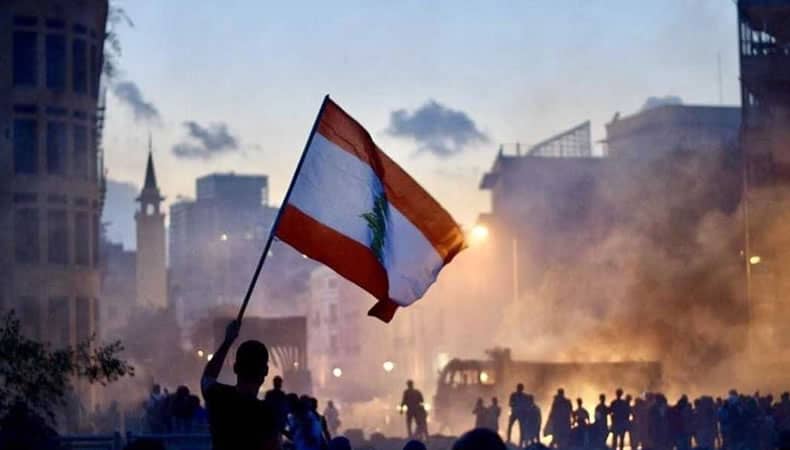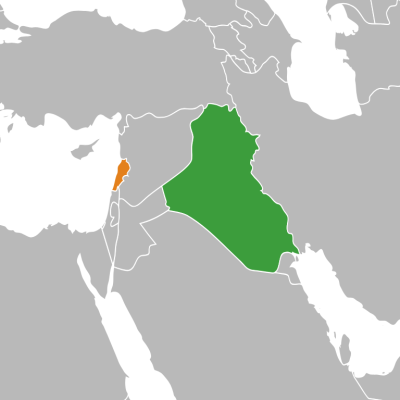Beirut blast sparks anger in people, protestors raise call for government to quit

On Sunday, Central Beirut turned into a battle ground as over 10,000 protestors, gathered at Martyrs’ Square, tried to storm into the Parliament, government ministries and Association of Lebanese Banks, demanding the government to quit. Lebanese police had to resort to tear gas to disperse the crowd. The situation turned dire when fire broke out at the entrance to Parliament Square as protestors tried to enter the area.
Last week, Beirut witnessed the deadliest blast in its history which occurred when over 2,700 tons of ammonium nitrate, lying at the city’s commercial port, caught fire. The massive explosion reduced the city down to rubble and took over 150 lives, injured about 6000 and left over 3,00,000 homeless.
The post-blast wrecked, fuelled anger among Lebanese people, who have been struggling with years of economic crisis, corruption, mismanagement and political instability. The furious riots scenes reminded many protestors of the 1975-1990 civil war, which torn the nation apart. Probably the Tuesday explosion, which blew the entire city, also blew away any faith remaining in among Lebanese people in the current government and its governance.
Read more : Beirut explosion: Officials warned over 10 times about piled explosives at the port
On Sunday, the country’s top Christian Maronite cleric, Patriarch Bechara Boutros al-Rai, said the cabinet should step down as it cannot “change the way it governs”. “The resignation of an MP or a minister is not enough … the whole government should resign as it is unable to help the country recover,” he said in his Sunday sermon.
Follow the calls of resignation, Lebanon’s environment minister resigned on Sunday, saying the government missed a number of opportunities to bring out effective reform, a statement said. Damianos Kattar’s departure was followed by the resignation of Information Minister Manal Abdel Samad earlier on Sunday. The two were joined by Lebanon’s Justice Minister Marie Claude Najm, who resigned on Monday, becoming the third minister to step down post the port blast. According to Lebanese law, if more than one third of the cabinet’s 20 members resign, then the ruling government would dissolve automatically.
World leaders stepped forward and pledged almost $300 million to support the Lebanese people in the wake of catastrophic blast. On Sunday, French President Emmanuel Macron along with United Nations organised a virtual donors’ conference, which was joined by over two dozen countries. The nations committed to bring together “major resources” in weeks ahead in order to meet the needs of ruined city of Beirut and its people.




